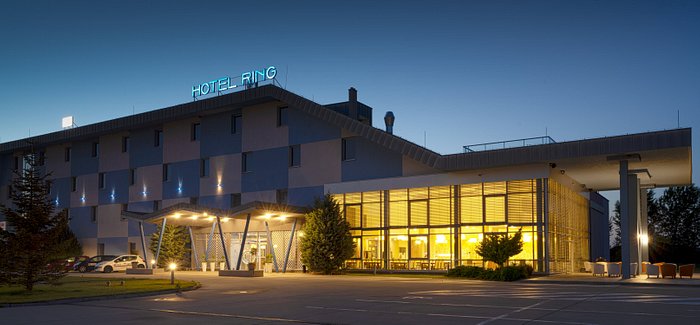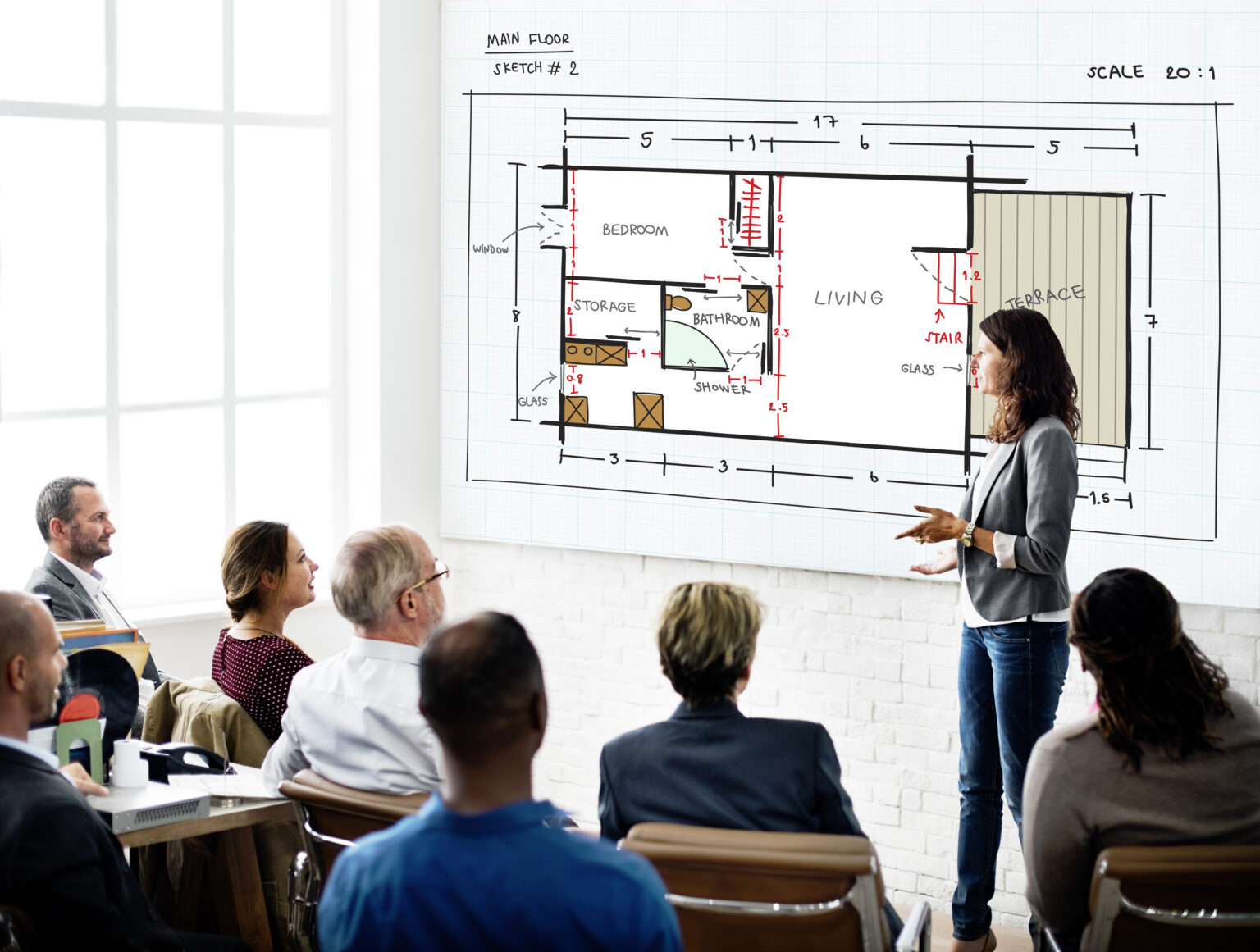Architecture and Hospitality
Architecture for the Hospitality Sector
The architecture for the hospitality sector involves the design and layout of buildings and spaces that cater to the needs of guests, providing them with comfortable and enjoyable experiences.
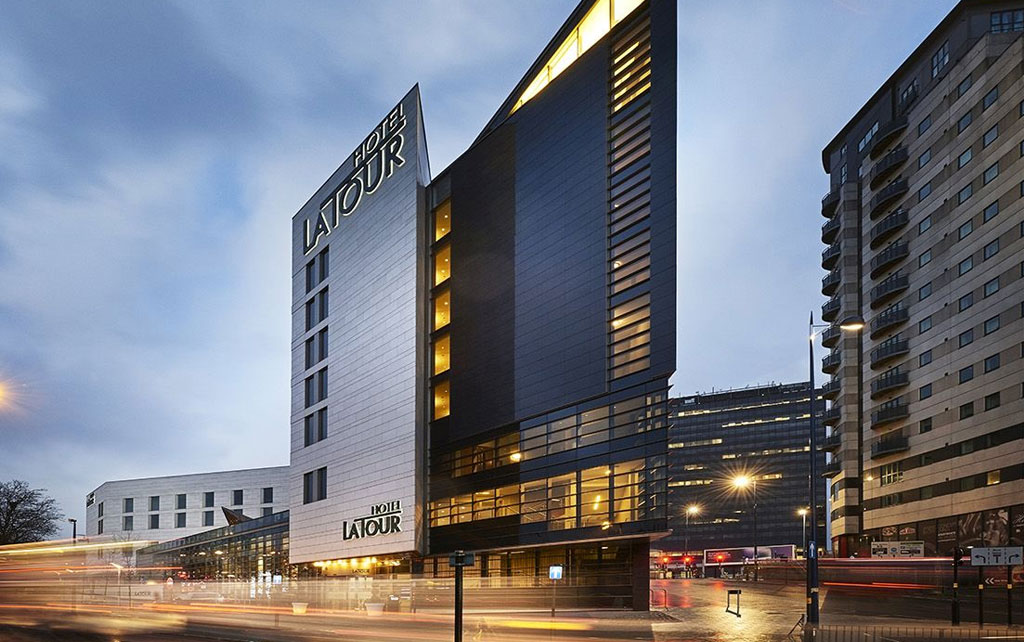
Here are some key considerations and components of architecture in the hospitality sector
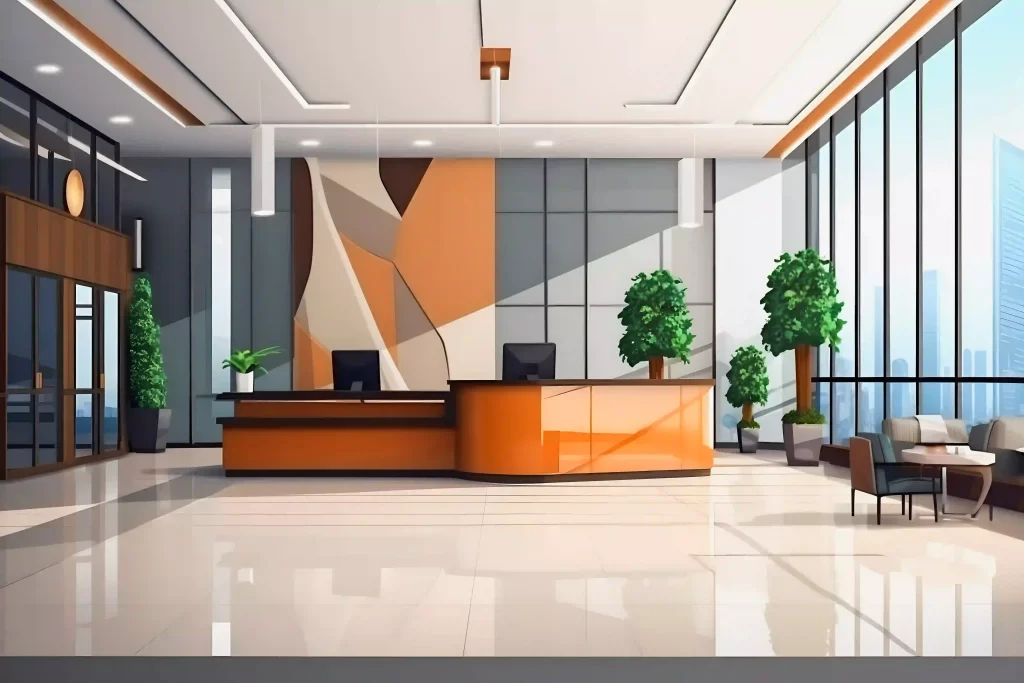
Reception and Lobby Area
The entrance and lobby area of a hospitality establishment should be welcoming and visually appealing. It typically includes a front desk, seating areas, and space for concierge services. The design should reflect the overall ambiance and style of the establishment.
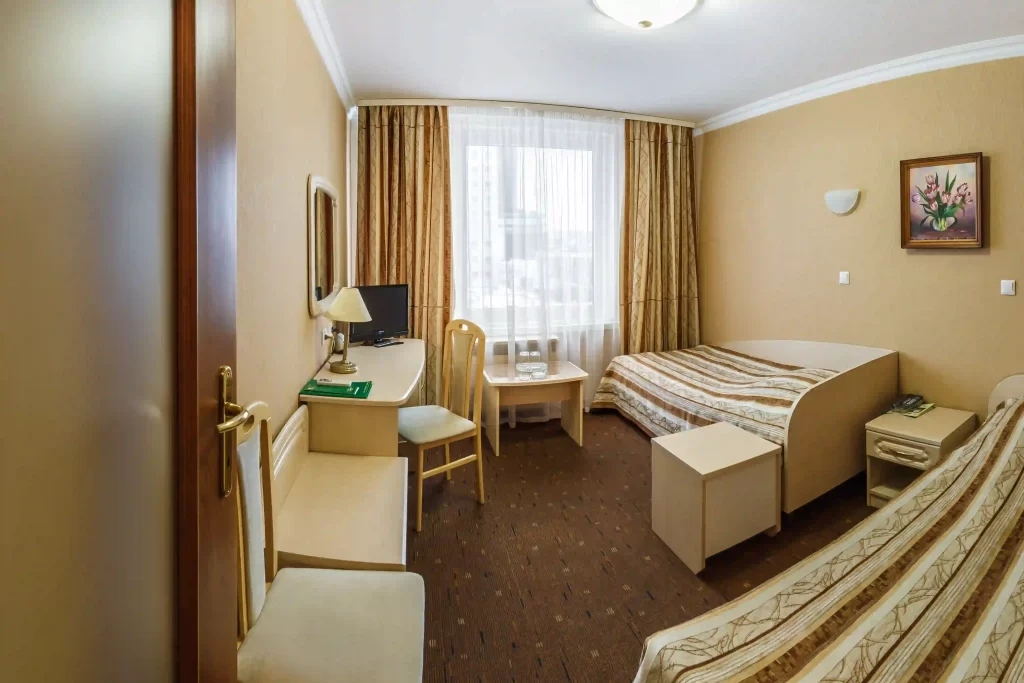
Guest Rooms
The design of guest rooms should prioritize comfort, functionality, and aesthetics. It includes the layout of beds, furniture, lighting, and amenities. Considerations such as privacy, soundproofing, and storage space are important factors to address.

Safety and Security
Hospitality establishments should prioritize safety and security in their architectural design. This includes implementing fire safety measures, emergency exits, surveillance systems, and secure access control.

Local Context and Culture
Hospitality architecture should reflect the local context and culture to create a unique and authentic experience for guests. Incorporating local materials, art, and design elements can enhance the sense of place.

Exterior Design and Landscaping
The exterior design plays a significant role in attracting guests and creating a positive first impression. Attention to landscaping, lighting, signage, and architectural features contributes to the overall aesthetic appeal of the property.

Sustainable Design
With increasing environmental consciousness, sustainable design practices are becoming more prevalent in the hospitality sector. Incorporating energy-efficient systems, renewable materials, green spaces, and water-saving measures can contribute to sustainability goals.
Benefiting from our Crossover of Sectors and Expertise
Innovation and Differentiation
By incorporating ideas and expertise from other sectors, the hospitality industry can innovate and differentiate itself from competitors. Cross-sector collaboration can lead to fresh perspectives and the introduction of new concepts, technologies, and services that enhance the guest experience.
Customer-Centric Approach
Drawing on expertise from other sectors allows hospitality businesses to adopt a more customer-centric approach. For example, insights from the retail sector can help create personalized experiences and seamless customer journeys, while healthcare industry practices can improve guest wellness and safety measures.
Operational Efficiency
Applying techniques and best practices from sectors such as logistics, supply chain management, and manufacturing can optimize operational efficiency in the hospitality industry. Streamlining processes, implementing automation, and leveraging data analytics can lead to cost savings, improved productivity, and enhanced service delivery.
Technology Integration
The crossover of sectors and expertise can accelerate the integration of technology in the hospitality sector. Collaboration with tech companies and experts from the IT industry can help implement innovative solutions like artificial intelligence, virtual reality, and Internet of Things (IoT) devices to enhance guest experiences and optimize operations.
Sustainability and Environmental Considerations
Learning from sectors with a strong focus on sustainability, such as architecture, urban planning, and renewable energy, can inspire and guide the hospitality industry toward more eco-friendly practices. This can include designing energy-efficient buildings, implementing waste reduction strategies, and adopting sustainable sourcing and operational practices.
Talent Acquisition and Development
Collaborating with professionals from diverse sectors can contribute to talent acquisition and development in the hospitality industry. The exchange of knowledge and skills can attract individuals with different backgrounds, creating a diverse workforce that brings a broader range of expertise and ideas to the sector.
Cross-Marketing Opportunities
Leveraging crossovers of sectors and expertise can open up cross-marketing opportunities. Collaborating with partners from other industries allows for joint promotions, package deals, and cross-referencing of customers, expanding the reach and visibility of both parties involved.
Resilience and Adaptability
Cross-sector collaboration fosters resilience and adaptability in the face of challenges and changing market dynamics. By drawing from different sectors, the hospitality industry can adapt to emerging trends, consumer preferences, and disruptive technologies more effectively.
Our Goal
At McLine Studios, our hotel practice is about creating authentic places that shape and transform the customer experience. Whether it’s hotels, restaurants, or a luxurious spa, our hotel practice works closely with our customers to create experiential destinations that inspire customers.
We work with owners and operators to build dynamic experiences that increase brand loyalty. With the power to shape experiences, we offer business solutions to deliver the level of service customers demand. With the current hotel industry focused on outstanding customer service, our work allows us to transform properties to meet the evolving needs of travelers.
We acknowledge the desire of our customers to provide unique products that offer a return on their investment. We bring long-term value to homeowners while offering guests outstanding experiences. We aim to create unique environments which define the future of hospitality.

